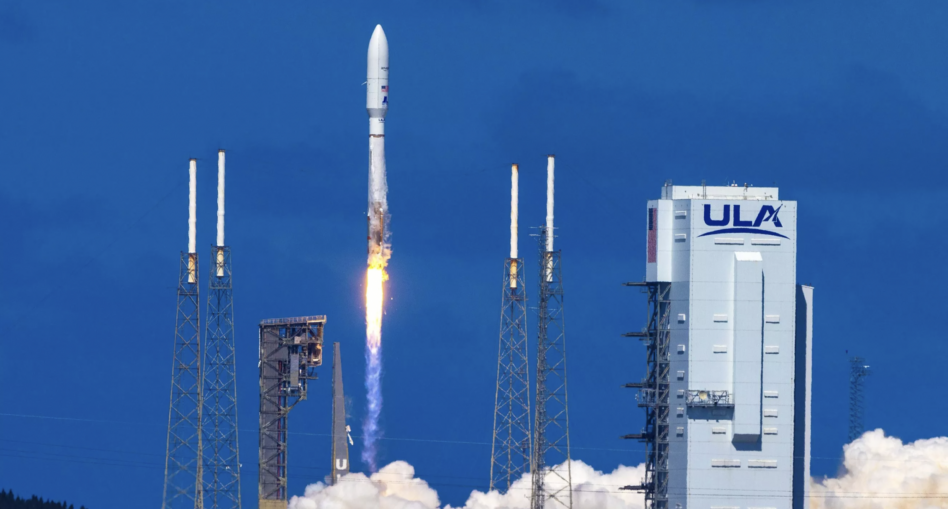Amazon is teaming up with a handful of leading think tanks to launch the Alliance for Satellite Broadband, a coalition aiming to broaden global satellite internet access.
The group was just announced yesterday, but it already has its first task: pushing regulators to update decades-old limits on signal interference between different orbits.
EPFD 101: Equivalent power flux-density (EPFD) calculates signal interference from lower orbit birds on their GEO counterparts. With the proliferation of LEO constellations, regulators have set these limits to protect GEO satellites’ line of communication.
LEO’s case: In addition to Amazon, the coalition includes the International Center for Law & Economics, the Open Technology Institute at New America, and the Digital First Project.
- The group argues that these power regulations are outdated and burdensome on innovation, leading to higher user costs and reduced capacity.
- They contend that easing LEO broadband regulations would help bring connectivity to the billions of people worldwide who are still offline.
“EPFD limits formulated nearly 25 years ago when non-GEO technology was new are outdated. Satellite technology and spectrum management principles have changed a lot since then, but the rules haven’t kept pace,” said Julie Zoller, an executive at Amazon’s Project Kuiper.
Amazon’s stake: Amazon is investing $10B+ in a 3,236-bird LEO internet constellation, competing directly with Starlink. The company launched its first two prototype birds aboard an Atlas V rocket on Oct. 6.
What say you, GEO: GEO operators are in favor of maintaining EPFD limits. “These limits strike the right balance by protecting new and established GEO operations against unacceptable interference, degradation or interruption from Non-GEO operations,” SES wrote in a recent blog post.





